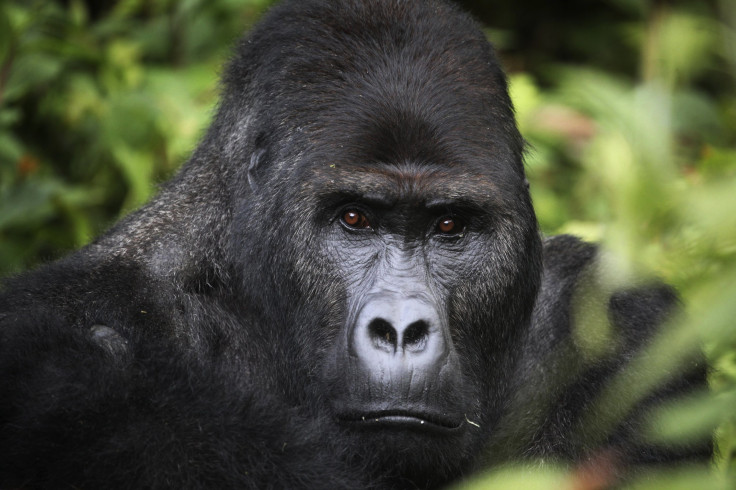Mountain Gorillas' Inbreeding Habits Might Aid In Their Survival

In what is claimed to be the first in-depth genome sequencing of mountain gorillas, researchers have found that inbreeding, which was believed to be a risk to the survival of the species, might actually be beneficial for the primates. In a study published Thursday in the journal Science, researchers said that there is no reason why these critically endangered apes should not thrive for thousands of years to come.
The study revealed that inbreeding -- mating with close relatives due to small population size -- has led to a significant loss of genetic diversity in mountain gorillas, with the apes inheriting identical segments from both father and mother in nearly third of their genome. While this low level of genetic diversity exposes mountain gorillas to environmental changes and diseases by reducing their genetic ability to adapt and causing harmful mutations, researchers said that inbreeding also has been genetically beneficial.
“Mountain gorillas are critically endangered and at risk of extinction… We have shown that although low in genetic diversity they have not yet crossed any genetic threshold of no return. They can continue to survive and will return to larger numbers if we help them,” Aylwyn Scally from the Department of Genetics at the University of Cambridge, and the study’s co-author, said in a statement, obtained by Reuters.
As part of the study, researchers used blood samples from seven mountain gorillas living in the Virunga volcanic mountain range on the borders of Rwanda, Uganda and the Democratic Republic of Congo. The researchers were surprised to find that many harmful genetic variations had been removed from the population through inbreeding. According to them, many of the most harmful mutations were less common in mountain gorillas than in other gorilla subspecies.
Further analysis of genome helped researchers discover that mountain gorillas have survived in small numbers for thousands of years.
“We worried that the dramatic decline in the 1980s would be catastrophic for mountain gorillas in the long term, but our genetic analyses suggest that gorillas have been coping with small population sizes for thousands of years,” Yali Xue of the Sanger Institute, and the study’s lead author, said in a statement. “While comparable levels of inbreeding contributed to the extinction of our relatives the Neanderthals, mountain gorillas may be more resilient.”
© Copyright IBTimes 2025. All rights reserved.






















